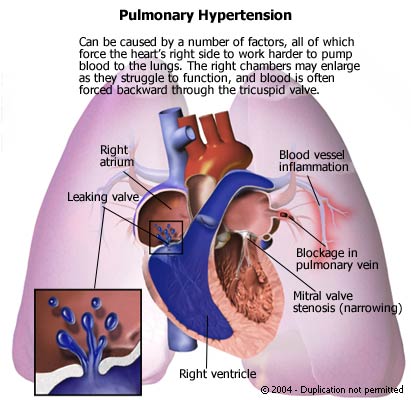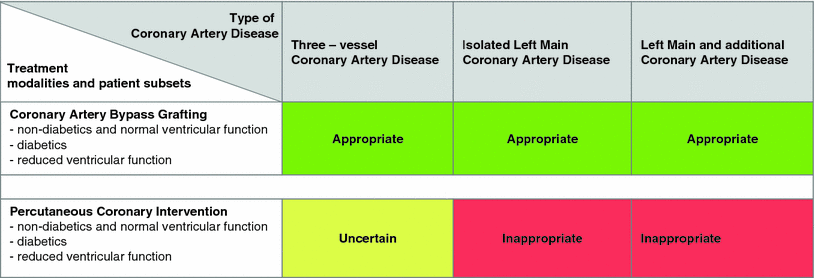A September 20, 2010, NYTimes article describes inaccurate outcomes with a point based tool to calculate your chances of developing coronary artery disease & stroke over the next 10 years. The simplified system was developed so doctors and patients would not need a computer. Each risk factor corresponds to a number of points; the more points you have, the higher …
Diuretic side effects and Diabetes
Q: I have been on Avalide for about a year now. I have since developed some other issues, all of which seem related to potassium deficiency. I started investigating when I began getting sore muscles and charleyhorses, in spite of stretching.
Chest pains after Heart surgery
Q: my husband had a cabg about 9 weeks ago and has returned to work but always has an uneasiness in his chest , he travels and is a brick layer for a living and when he is on bumpy roads he as he explains almost like his insides feel like jello, and it feels better when he is holding …
Rosemary Prosciutto and Goat Cheese Pork Roulade
In my never ending quest for something interesting to eat and visiting my local butcher, I saw him butterflying a pork tenderloin. When he was done, I asked him what I could do with it and he enlightened about making a roulade, selling me about a pound. Ingredients 2 tablespoons freshly ground black pepper 2 sprigs of rosemary 5 large …
I had an echocardiogram that showed pulmonary hypertension. What does it mean?
Question: I just learned that an echocardiogram from 2.5 years ago indicated “mild pulmonary hypertension.” (sPAP was extimated at 38 mmHg.) The echo was done to try to diagnose sudden attacks of shortness of breath that have become less frequent since then. (No luck with a diagnosis, by the way.) My brand new pulmonologist wants to do another echo and …
SYNTAX three year results
The latest SYNTAX results extend CABG’s superiority over PCI. SYNTAX was an 1800-patient trial, randomizing patients with left main coronary disease and/or three-vessel disease to either CABG or PCI using the Taxus DES. This follow-up analysis further clarifies the limited role of PCI in the treatment of triple vessel CAD and/or LMain Stenosis, while the differences have become more obvious. Key …
PCI for STEMI should be limited to infarct related coronary arteries
NEW YORK (From Reuters Health) – Performing percutaneous coronary interventions (PCI) in non-infarct-related coronary vessels along with primary PCI for ST-segment elevation myocardial infarction (STEMI) appears to jeopardize patient survival, Canadian researchers reported online June 8 in the European Heart Journal. Despite guidelines to the contrary, some 10% of STEMI patients with multi-vessel coronary artery disease had non-culprit coronary interventions …
APEX-AMI trial Analysis
Although 40-65% of patients admitted for treatment of an acute heart attack with percutaneous coronary intervention (PCI) have multiple blockages, current guidelines strongly suggest to limit the procedure to the blocked artery (the culprit vessel). PCI in “Non-culprit coronary arteries” is associated with a significantly increased risk of dying, as Armstrong and colleagues of the APEX-AMI trial recently published in …
Patients with 3-vessel disease should be operated!
Point-Counter point 1 Best way to revascularize patients with main stem and three-vessel lesions. Patients should be operated! [i] An abundance of clinical trials has proven that coronary artery bypass surgery (CABG) is superior to Stenting (PCI) in almost every type of multivessel or left main Coronary Artery Disease (CAD.These days however, even the most complex coronary lesions are treated with …
CAS vs CEA (the CREST study)
“Primary composite outcomes” (lumping complications together into one composite complication), allows shading of negative results that only become visible with careful study of a publication. In the CREST study described below, the authors combined procedural death, stroke and myocardial infarction together into a composite complication. In doing so they found no outcome difference between Carotid artery stenting (CAS) and Endarterectomy …





